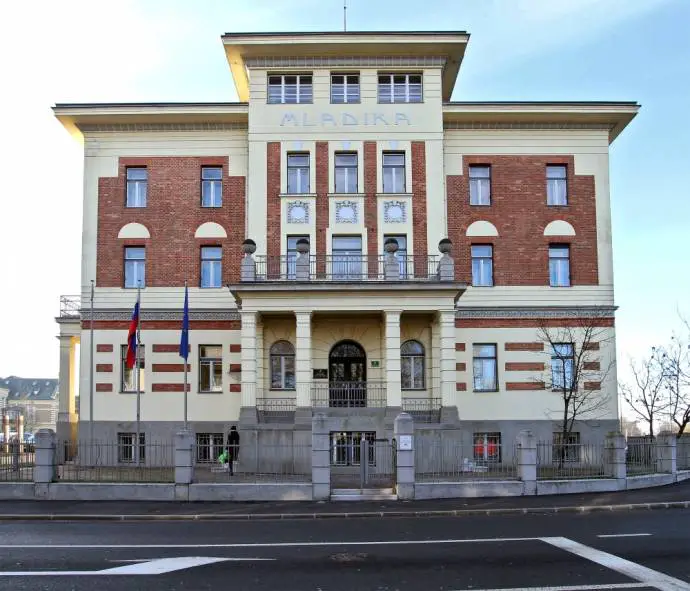All our election coverage can be found here, while our profiles of the major parties are here.
The opposition Left on the other hand believes that Slovenia has become too servile in its relationship with the US.
The parties ranking highest in opinion polls want Slovenia to assume a more active role in the international community, above all in the EU and NATO, suggest replies to foreign-policy related questions the STA sent to all 25 parties standing in the election.
The centre-right parties, including the Democrats (SDS), the National Party (SNS), the Party of the Slovenian Nation (SSN) and Andrej Čuš and Slovenia Greens would like Slovenia to form closer ties with the Visegrad Group.
The centre-left parties are critical of the Visegrad Group, with the non-parliamentary Solidarity saying that authoritarian tendencies were on the rise in the four countries making part of the group, while democratic values were being relegated to the back seat.
But apart from the Left, none of the parties is explicitly against cooperation with the group. DeSUS for example believes that cooperation with the Visegrad four is a good thing but "does not bring any added value to Slovenia".
While most of the left-leaning parties find it is essential that Slovenia becomes and remains a part of the EU's core, the Left says that the EU is as bad as Visegrad.
The two blocs are nothing but "two different faces of neoliberalism - its central and peripheral versions" and none is acceptable, according to the Left.
All parties say in their manifestos that they will strive for good relations with the neighbouring countries. Nonetheless, most of them said that Slovenia should file a lawsuit against Croatia for its failure to implement the border arbitration decision even if the European Commission decided not to pursue the case.
However, the SDS, the Left, the People's Party (SLS) and the non-parliamentary Marjan Šarec List (LMŠ) doubt that Slovenia will actually succeed with the lawsuit.
This will likely be one of the first decisions awaiting the new government, as the European Commission is to decide about its course of action by 18 June.
Most of the parties believe that neighbouring countries should be the first destinations of the new prime minister, with Zagreb at the top of the list.
On the other hand, the Greens think that Austria, which insists on internal border checks, would be a more suitable choice for the prime minister's first trip abroad.
New Slovenia (NSi) believes that the German capital would be the best choice for the first trip, a view reflected by the LMŠ, which believes that Brussels and Berlin should be on the itinerary of the first trip.
The latter also believes that Slovenia should forge closer ties with the Benelux. Similarly, the Modern Centre Party (SMC) believes that Slovenia should enhance its ties with the Benelux, deeming the countries "the most integrated" EU members.
Parties moreover expressed different positions about the country's diplomatic network. Most believe that Slovenia needs diplomatic representation in countries where it has economic interests, including Africa and South America.
The Left, a vocal advocate of an independent Palestine, proposed that Slovenia should open an embassy in East Jerusalem out of protest against the "Israeli-American violence and in support of the Palestinians".
The LMŠ finds that Slovenia's diplomatic network is sufficient and that potential efforts to expand should go in the direction of co-locating with other EU members, a model in which countries share the premises of diplomatic missions.
Probably the most radical position comes from non-parliamentary Forward Slovenia, which believes the country should shut down its entire diplomatic network and leave diplomacy entirely to the EU.
The party also believes that Erjavec should be "locked away" because he did a lot of damage for Slovenia. The party would not boost cooperation with the US, calling it a "brutal" and "fake" country that thrives only because it steals from others.






